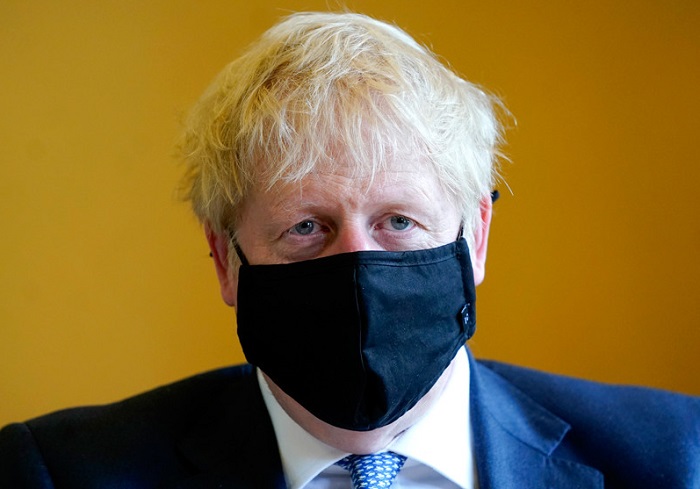The coronavirus pandemic and the oil price crash that began with the Saudi oil price war on Russia and then deepened amid the pandemic, has crippled South Sudan’s plans to develop its nascent oil industry, Bloomberg reports.
South Sudan, which seceded from Sudan less than ten years ago, is not a major producer of crude oil, with an average production below 200,000 bpd, but it has plans to develop the industry, which is its only big source of export revenues.
Last year, South Sudan announced its first oil find after the secession, at 5.3 million barrels of recoverable crude. At the time, its oil production averaged 180,000 bpd, down from 350,000 bpd before the separation from Sudan, but the country planned to increase it substantially. Now, these plans are in the trash bin.

Minister of Petroleum & Mining South Sudan
.
“We have been affected much more than others because South Sudan, being a new country just emerging from war, has a lot of challenges,” Ministry of Petroleum undersecretary Awow Daniel Chuang told Bloomberg in an interview.
In addition to the challenges inherent in South Sudan’s position, the country is also a member of OPEC, so it had to comply with the cartel-wide production cuts of 9.7 million bpd that aimed to reduce the crude oil supply overhang that weighed on prices.
“We have been getting pressure from OPEC and, of course, we understand the background of this and we are working also to balance our needs, and at the same time cooperate,” Chuang said.
South Sudan has also been facing pressure from the IMF for taking advance payments from oil importers on oil that has yet to be produced, which will finance this production. In 2019, the international lender warned the country to stop the practice, but a later investigation by the UN found it was still doing it, compromising the transparency of its oil industry.











